[ad_1]
Canadian Kerry-Ann Lecky Hepburn is a meteorologist and pilot by day — and an inspiring astrophotographer by night. She’s widely recognized, appearing on The World at Night (TWAN) and Astronomy Picture of the Day (APOD), and she teaches workshops, too. See more of her work at weatherandsky.com.
I’ve had the pleasure of meeting Kerry-Ann and recently talked with her about her pursuit of and passion for astrophotography.
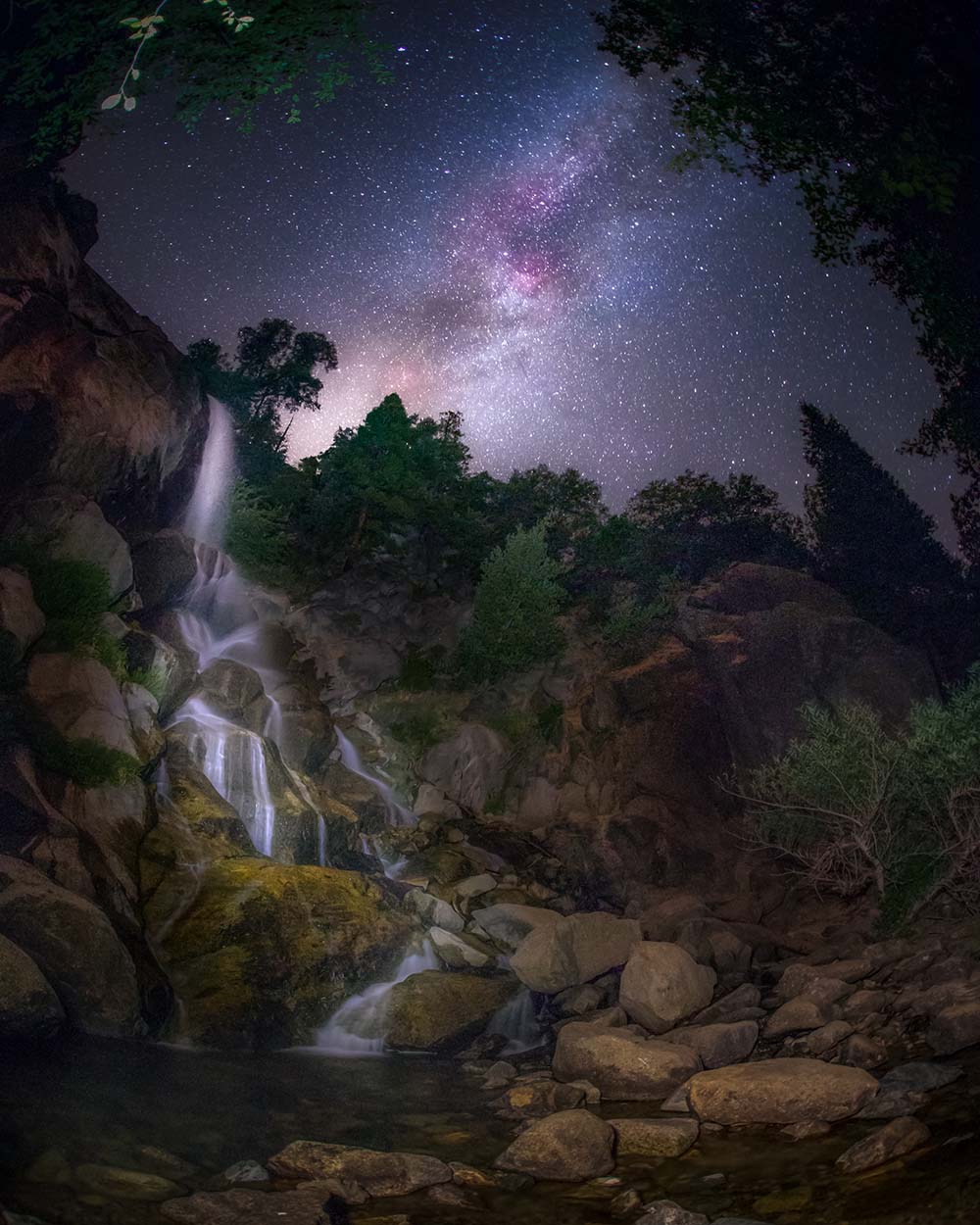
Kerry-Ann Lecky Hepburn
Advertisement
I know that you have an Honors degree in Earth and Atmospheric Science and work by day as a senior meteorologist for the Canadian TV station The Weather Network. So, photography is your hobby and passion. How did you first get into this?
I first got interested in astronomy when I was 10 years old and heard that Halley’s Comet was passing by. The thought of seeing something from space (other than the Moon, Sun, and stars) was so exciting. In the end, I didn’t see the comet but the event sparked a passion in me that has lasted a lifetime. When I was 15, I started to think of taking astrophotos with my first telescope, a 4.5-inch Newtonian reflector on a shaky mount. I signed up for a photography class in school and bought an SLR film camera.
I loved both photography and astronomy so it was only natural to put the two together. I especially wanted to share the cool things that are in the night sky with others.
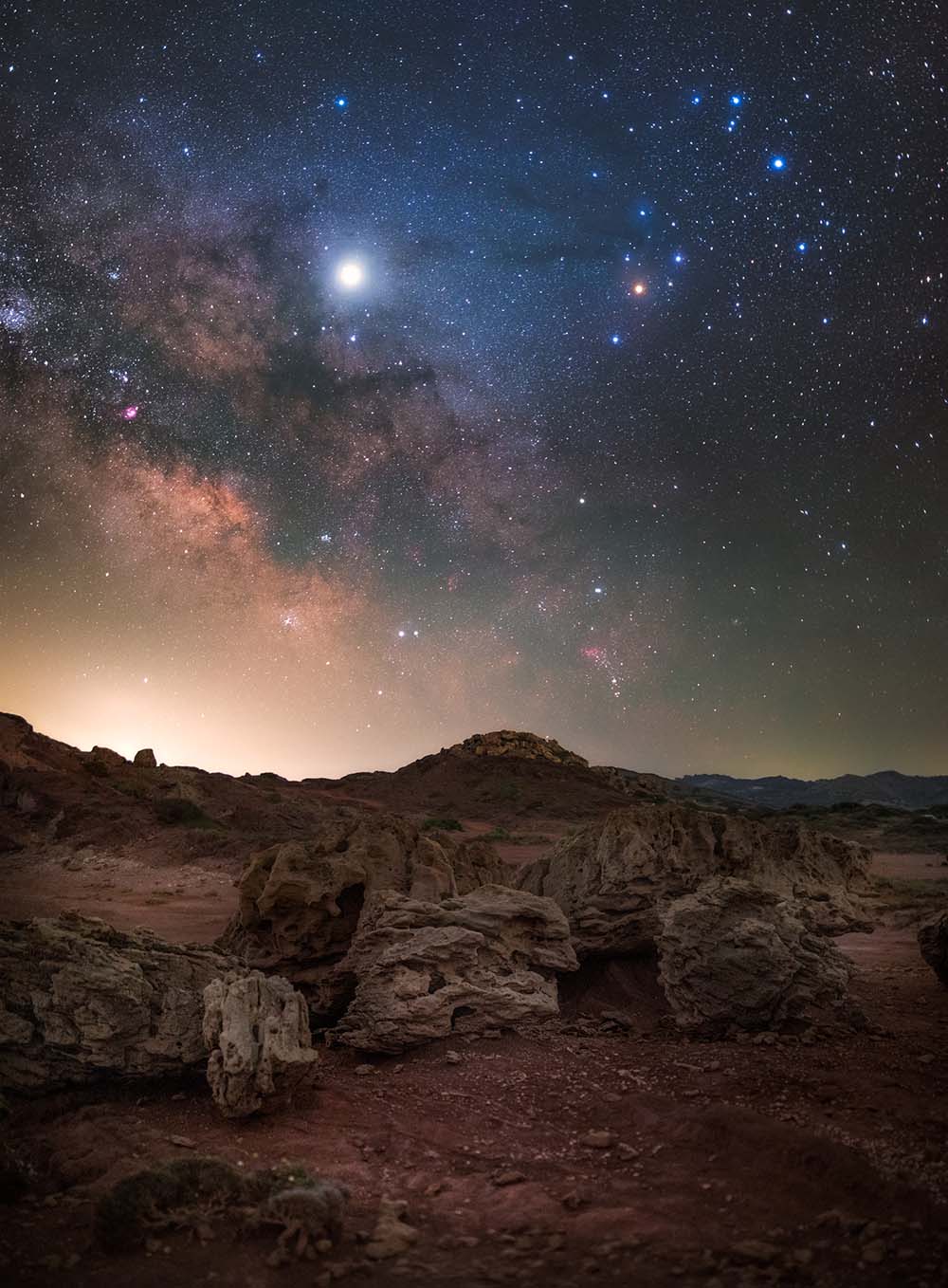
Kerry-Ann Lecky Hepburn
Do you have any mentors or experiences that were key to your success in growing as an astrophotographer?
Initially, I gained most of my knowledge through reading books and magazines such as Sky & Telescope and Astronomy. After the arrival of the internet, I delved even deeper into the technical aspects of the hobby with the help of online communities.
My mentor, many years later, was Stefano Cancelli. He was a very inspiring and talented astrophotographer who proved that it was possible to take high-quality deep-sky images from light-polluted cities, such as Toronto, Ontario, one of the most populated parts of Canada. Over the years, he’s passed on invaluable advice about deep-sky image-processing and given me the best constructive criticism that really helped to push my skills.
We know it’s not the plane, but the pilot — equipment is not everything — but readers want to know, what is your favorite gear to shoot with and why?
Even though I love my small observatory and telescope, I have to say my favorite gear is my Canon 6D modified DSLR, Sigma 14 mm, Sigma 50 mm, and Canon 100 mm macro lenses, riding atop a tripod with a tracker. I love being able to pack light and take them with me anywhere in the world. I can quickly and effortlessly take an exposure when I’m in a beautiful location with a beautiful night sky.
Speaking of planes — how can we not mention that you are also a pilot! Any thoughts on your love of flying that you would like to share?
My love for flying actually started when I was 4 years old. I had a fascination for power and speed . . . so initially it had nothing to do with my love for the sky. However, now I have a different appreciation for flying in terms of respect for the atmosphere, the beauty of weather and clouds, and how the light changes by the minute when you are up there.
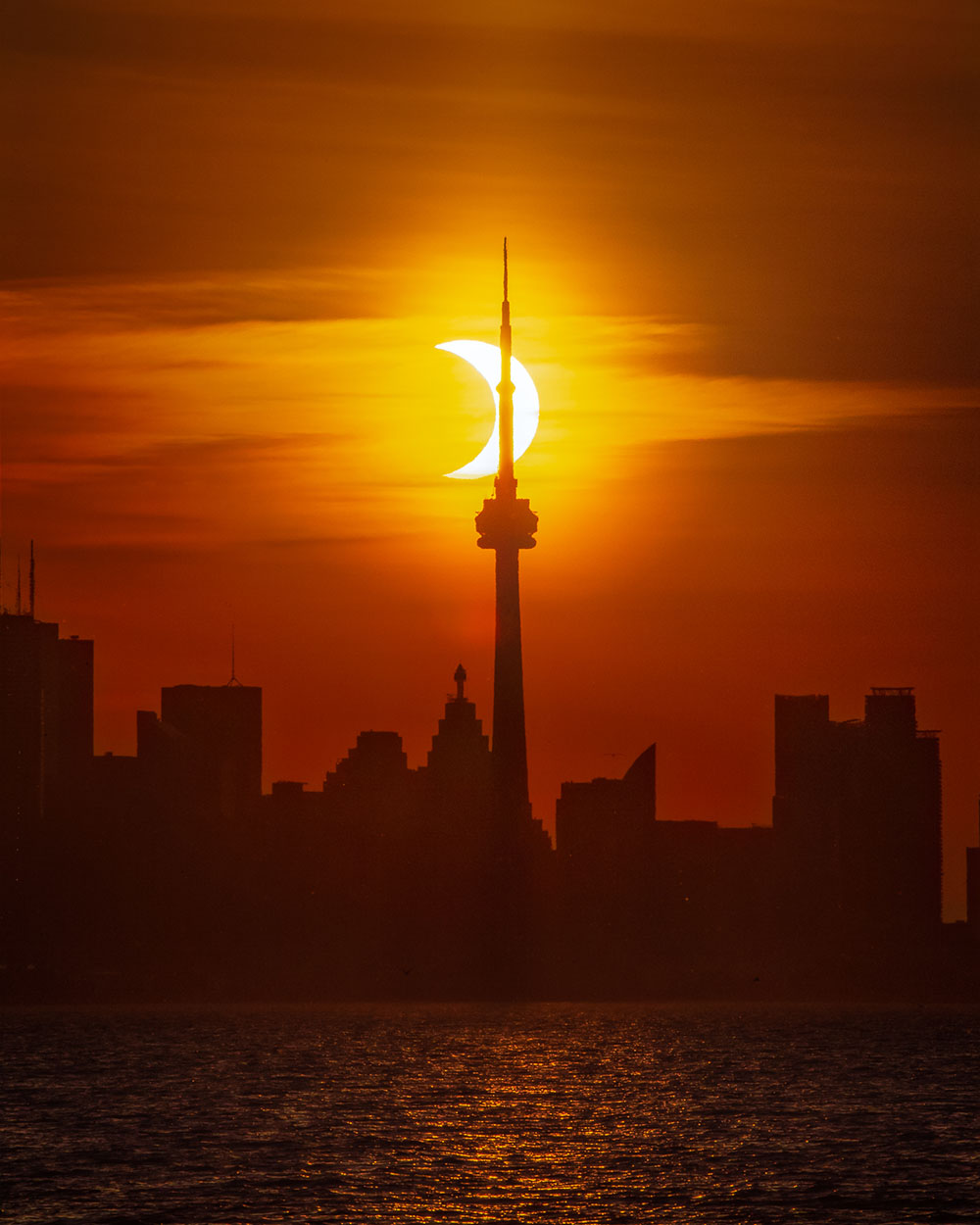
Kerry-Ann Lecky Hepburn
Your portfolio is filled with wonderful images taken both through a telescope and with a camera lens. Do you prefer one over the other?
I love them both for very different reasons. Deep-sky photography with my telescope is difficult to set up and get working well, but when it works, it’s a dream come true. I can set up an automated run, where I can grab exposures while I am sleeping. It’s exciting to check on the imaging results in the morning, and the reveal during the post processing is very rewarding. The camera-lens images are mainly nightscapes that are more relaxing and easier to accomplish.
What about the night sky and astrophotography really touches or motivates you?
For me, it’s the beauty and mystery. I wish I were born in a time where we could travel easily through space, and photography gives me a chance to feel like I can visit to these distant places without going there physically. As I spend hours processing and fine-tuning a deep-sky image, I start to feel like I know it very well in terms of fine details, color, and structure.
There have been late nights in the freezing cold before work the next morning I’m quite sure. What motivates or drives you to do this?
The initial drive to get out is the hardest, but I remind myself that if I don’t get out and shoot this event or object now, I may lose the opportunity and miss out on capturing potentially one of my best images. Once I get out in the field and I see a glimpse of what I’m trying to image on the screen or camera display, my adrenaline kicks in. No amount of cold or weariness can stop me, and I usually end up losing track of time.
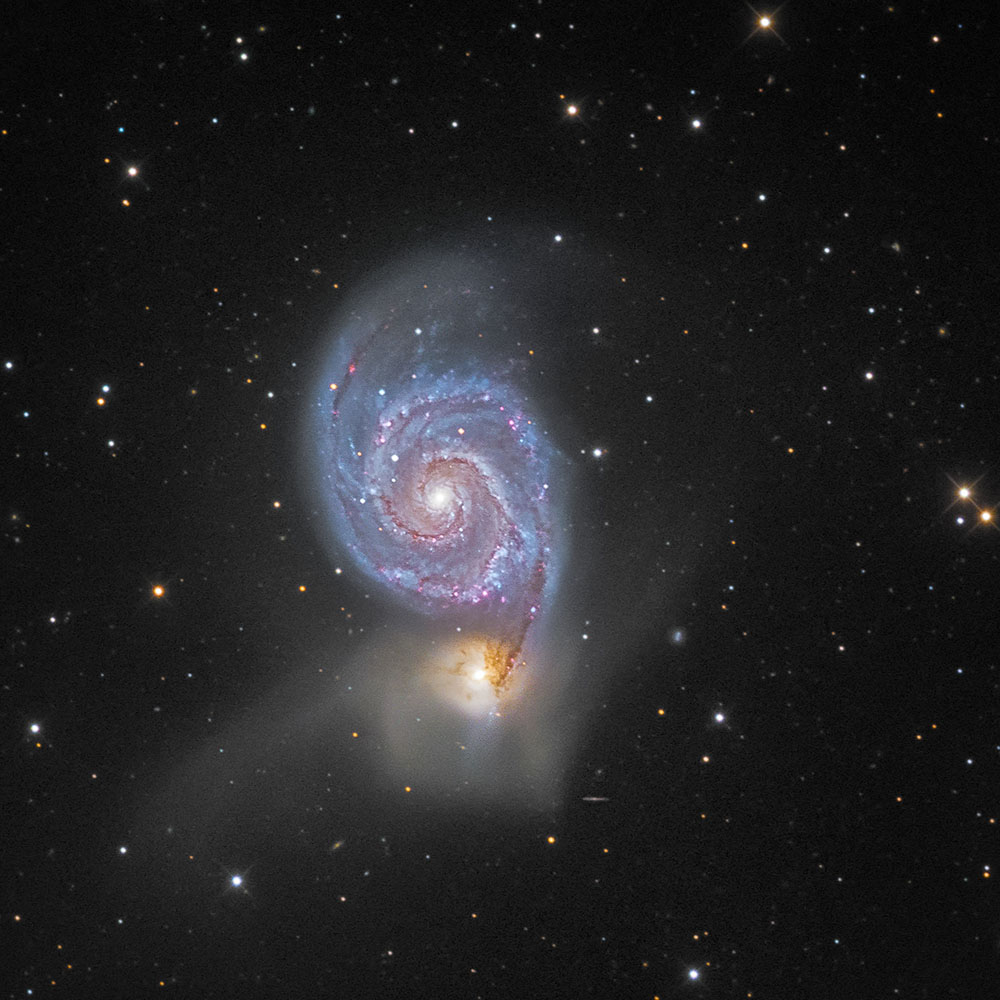
Kerry-Ann Lecky Hepburn
What do you still struggle with today as a photographer?
Going to locations on my own to take pictures in the dark. The funny thing is that I’m slightly afraid of the dark and the unknown in an unfamiliar location so I usually try to find someone who will be willing to keep me company.
Finally, do you have any advice to someone who is just getting started in astrophotography?
- Start off simple with easily accessible and affordable gear like a DSLR or mirrorless camera and a wide-angle lens. Learn about the objects in the night sky and enjoy the process before you invest in bigger and more complicated gear.
- Join an astronomy club, camera club, or an online forum to connect with others who share the same interests and will help you in your journey.
- Don’t forget, books and magazines are a huge wealth of information and inspiration.
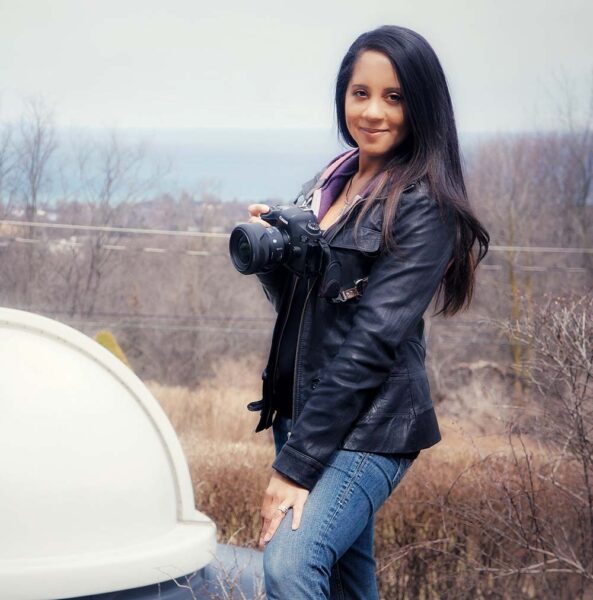
Thanks, Kerry-Ann!
[ad_2]
Source link





